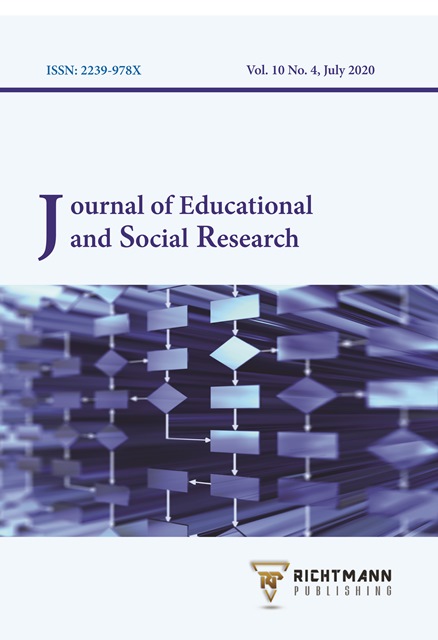Quality of Life and Its Relationship with Cognitive Flexibility among Higher Education Students
DOI:
https://doi.org/10.36941/jesr-2020-0075Abstract
The study aimed to inspect the quality of life (QOL) and its relation with cognitive flexibility among higher education students according to gender, accumulative average, and academic year. The study sample consisted of (325) students enrolled in Al-Balqa’a Applied university. Two scales are used to achieve study purposes, QOL scale and cognitive flexibility scale. The study outcomes indicated that there are statistically significant differences in QOL (quality of health and time management) among students due to the gender in favor to male students, there are no statistically significant differences in QOL (quality of social and family life, education and learning, emotional life, and mental health) among students due to gender, and there are statistically significant differences in QOL (quality of health, education and learning, emotional life, mental health, and time management) among students due to accumulative average. Furthermore, the results found that there is a positive statistically significant relationship between QOL (overall scale) and cognitive flexibility (overall scale), there is a positive statistically significant relationship between adaptive cognitive flexibility and QOL (quality of health, social and family life, education and learning, emotional life, mental health, and time management), and there is a statistically significant relationship between spontaneous cognitive flexibility and dimensions of QOL (quality of health, education and learning, mental health, and time management), while there is not a statistically significant relationship between spontaneous cognitive flexibility and dimensions of QOL (social and family life and emotional life).
Downloads
Downloads
Published
Issue
Section
License
This work is licensed under a Creative Commons Attribution-NonCommercial 4.0 International License.









